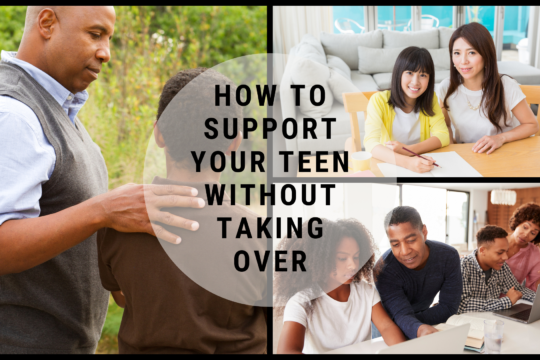Gratitude: How a Simple Habit Can Change Your Brain and Your Life

Five Benefits of Practicing Gratitude for Students
I’ll be honest—when I was fighting cancer, the last thing I wanted to do was laugh. Doctors and friends told me to watch movies and shows that made me smile. Laughing? Really? At that point, humor felt foreign, almost impossible.
But here’s the thing: as a brain specialist, I know that our thoughts and emotions actually change our brain chemistry. Gratitude isn’t just a “nice idea.” It’s a powerful tool that affects our brains, attitudes, and even our health. Expressing thankfulness triggers neurotransmitters like dopamine and serotonin, the chemicals responsible for happiness and well-being. These chemicals don’t just make us feel good—they literally rewire our brains to focus on the positive, increase resilience, and even promote healing.
So, I pushed myself. I forced myself to notice small things I was thankful for—my family checking in, a kind nurse, even the way sunlight hit my hospital room. And slowly, I started to feel a shift. My outlook changed. My attitude softened. Laughter came easier. My body responded positively. It was incredible to experience science in action: gratitude literally helped me heal.
Now, let’s bring this back to you—yes, you in high school trying to juggle homework, college prep, sports, and everything in between. You might be thinking, “Gratitude? That sounds cheesy.” But research shows it works—and it’s practical.
5 Benefits of Gratitude for Students
- Better Mental Health: Gratitude reduces stress and anxiety. Noticing what you’re thankful for shifts your focus from what’s wrong to what’s going right.
- Improved Focus and Memory: A grateful brain is a calm brain. Less stress means better concentration for studying and completing tasks.
- Stronger Relationships: Expressing appreciation makes friendships stronger. It helps you communicate better and feel more connected to others.
- Boosts Motivation: When you recognize the good in your life, you’re more likely to take positive action—like practicing for that next game, acing a test, or applying for an internship.
- Resilience: Life isn’t always easy. Gratitude gives you a mental shield, helping you bounce back from challenges.
Here’s a fun tip: start small.
Every night, jot down three things you’re thankful for. They don’t have to be huge—your favorite song, a joke that made you laugh, or even just a warm cup of cocoa counts. Over time, you’ll notice your brain starts looking for the good stuff automatically.
Gratitude isn’t magic—but it’s close.
It reshapes your brain, lifts your mood, and helps you face life with a healthier mindset. If it could help me while I was literally fighting for my life, imagine what it can do for your school, friendships, and personal growth.
So this November, give it a try. Laugh a little. Thank a friend. Notice the tiny wins. Your brain—and your life—will thank you.


